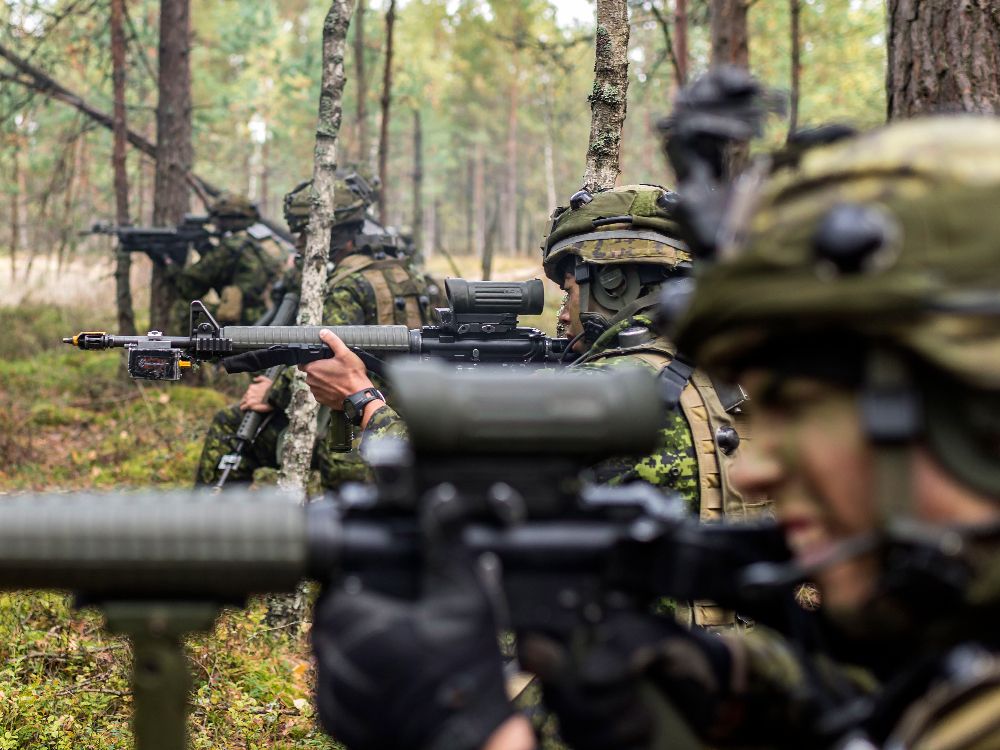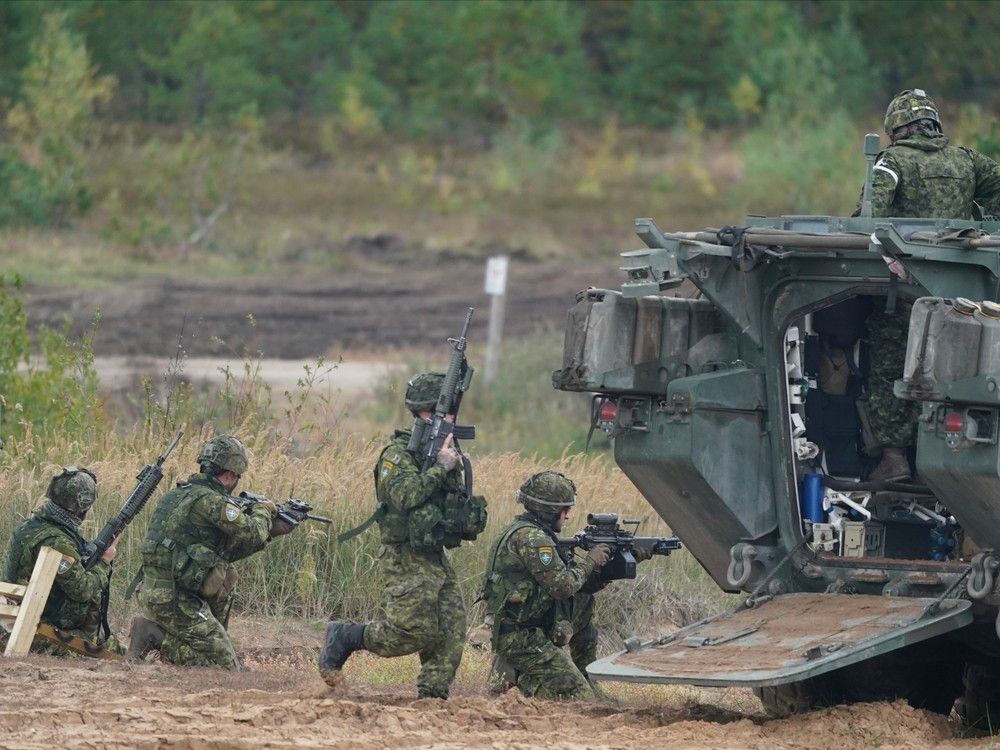- Reaction score
- 4,756
- Points
- 1,160
IT Administrators, System Administrators, IS security personnel - usually support staff and low to mid level managers - are huge targets for industrial espionage actors. These would be your Corporal through to Captains who have access to systems that contain information (usernames, passwords, MFA paths, permissions and authorizations etc.).




